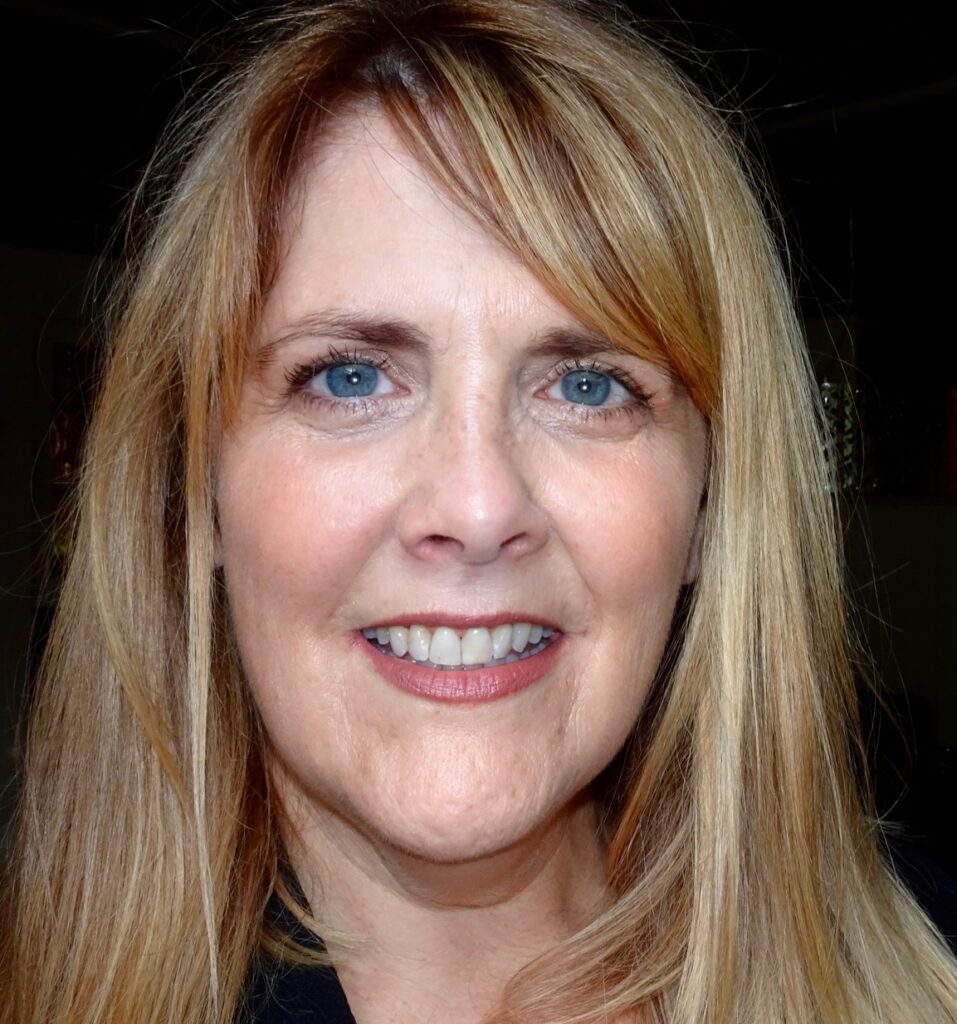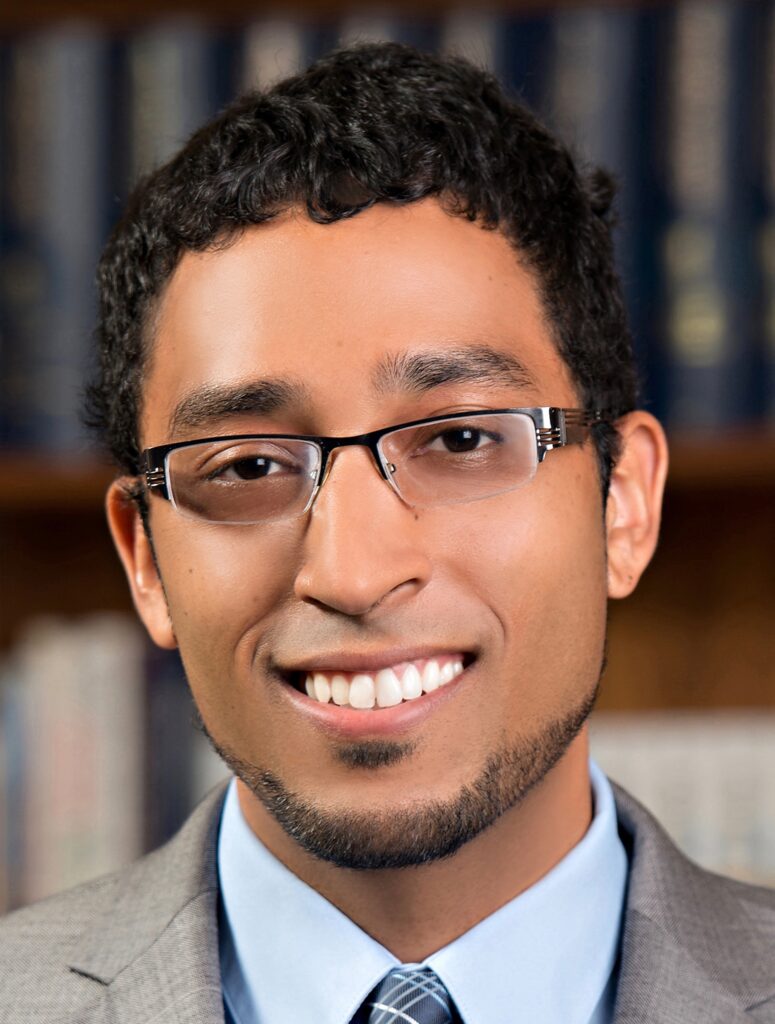UNC Charlotte Interdisciplinary Study Reveals Widespread Issues With Authorship Policies

Publishing research findings is high-stakes for academic researchers, while also being significant for their institutions and others interested in the findings.
Yet, despite the critical nature of authorship, just 24% of U.S. doctoral-granting universities with very high or high research activity have published institutional authorship policies, UNC Charlotte researchers Lisa Rasmussen and George Banks and colleagues have discovered. An even smaller percentage – 16% – have published dispute resolution policies, the researchers found.
“Authorship on a publication is when academics take public credit – and responsibility – for the work and results of a research project,” said Rasmussen, professor of philosophy and Graduate School faculty fellow. “Decisions about authorship in collaborative research can cause tension, and even conflict. Having a clear, broadly communicated authorship policy can guide those decisions in an ethical and productive manner.”

The research team conducted a review of publicly available authorship policies at the 266 R1 and R2 doctoral universities listed in the Carnegie Classification® (2018). Their findings were published on Nov. 19, 2020 by the international multidisciplinary journal Science and Engineering Ethics, in a paper titled “Authorship Policies at U.S. Doctoral Universities: A Review and Recommendations for Future Policies.”
Issues they considered included authorship criteria, recommendations for discussions of authorship, processes for dispute resolution, and guidance for faculty and student collaborations.
Co-authors are Courtney Williams of the University of Toledo; Mary M. Hausfeld, an Organizational Science doctoral student who also earned her master’s degree in industrial and organizational psychology from UNC Charlotte; and Bailey C. Davis of Memorial Health University Medical Center.
Their review found that when authorship policies do exist, they vary widely in terms of content, with specific dispute resolution policies also varying in length and specificity. With the policies they found, 93% specified criteria for authorship, but provided less guidance around actual processes for applying such criteria (62%), handling authorship disputes (62%), and managing faculty-student author teams (49%).
“Authorship is increasingly significant for researchers’ success because of its growing impact on obtaining academic positions and acquiring resources, both of which are increasingly competitive,” said Banks, an associate professor in the Department of Management in the Belk College of Business. “Faculty members and graduate students benefit when an institution adopts guidelines that are thorough, effective, and enforceable.” Banks also is a faculty member with the Organizational Science interdisciplinary program.

A 2020 poll by Wellcome Trust found that 40 percent of the 4,065 respondents said others had taken credit for their work.
The researchers note that disputes could increase as authorship groups expand as a result of work being done across disciplines, institutions, and countries.
The study suggests that clear and broadly communicated policies can benefit institutions, by sending signals about an institution’s valuing of research integrity and its support of an ethical culture. Once a policy is in place, publicity and training for faculty and graduate students are important.
The lack of clear policies can prove particularly harmful to contributors in vulnerable positions, such as graduate students and junior faculty, the study indicates.
“…normalizing authorship discussions early and often in collaborative processes may have additional benefits for students and junior faculty, who may lack the ability to raise these issues themselves,” the study states.
One limitation of the study is the reliance on university websites to obtain authorship policies; therefore, interpretation of the findings should be from public-facing authorship policies, the authors note.
UNC Charlotte and The Graduate School will continue to focus on the authorship issue. This summer, the university received a five-year National Science Foundation grant to address an open, transparent culture of research, particularly in fostering healthier authorship practices. Rasmussen leads the project, working with Katherine Hall-Hertel, associate dean for graduate academic and student affairs; Banks; and Tom Reynolds, associate provost and dean of the Graduate School.
Words: Lynn Roberson, CLAS Communications Director